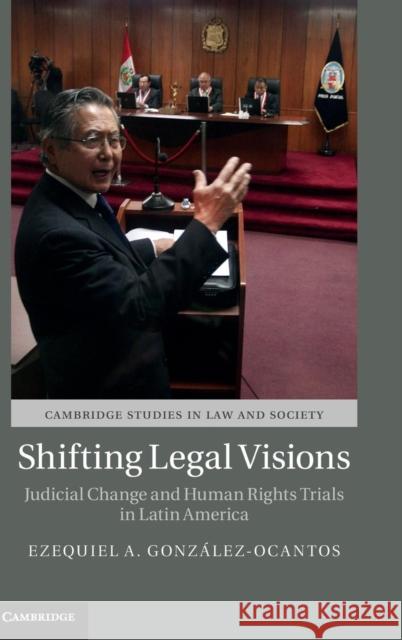Shifting Legal Visions: Judicial Change and Human Rights Trials in Latin America » książka
topmenu
Shifting Legal Visions: Judicial Change and Human Rights Trials in Latin America
ISBN-13: 9781107145238 / Angielski / Twarda / 2016 / 342 str.
Shifting Legal Visions: Judicial Change and Human Rights Trials in Latin America
ISBN-13: 9781107145238 / Angielski / Twarda / 2016 / 342 str.
cena 487,87
(netto: 464,64 VAT: 5%)
Najniższa cena z 30 dni: 438,25
(netto: 464,64 VAT: 5%)
Najniższa cena z 30 dni: 438,25
Termin realizacji zamówienia:
ok. 16-18 dni roboczych.
ok. 16-18 dni roboczych.
Darmowa dostawa!
An in-depth study of processes of judicial transformation that enabled the success of human rights trials in Latin America.











